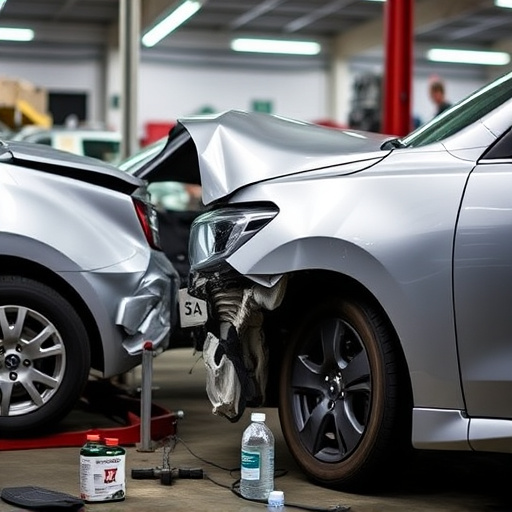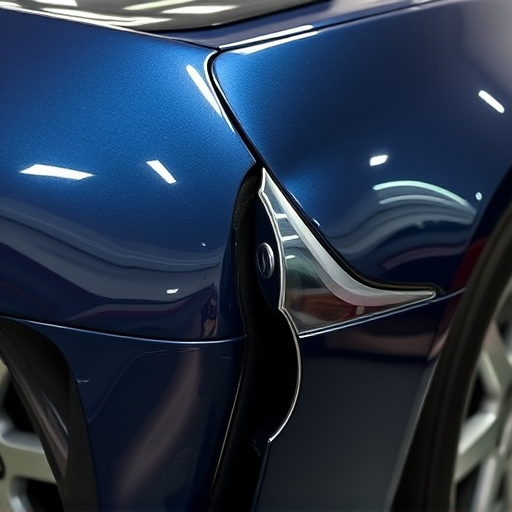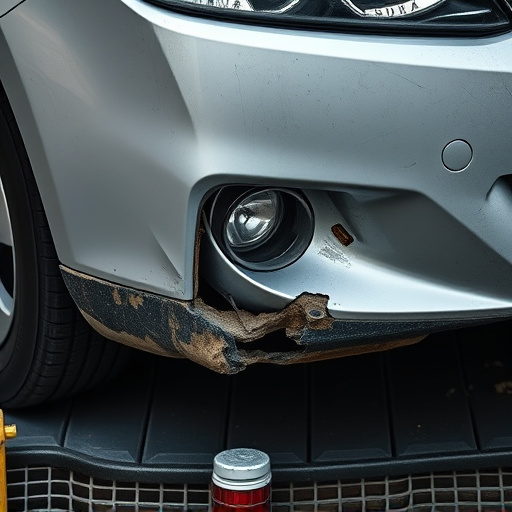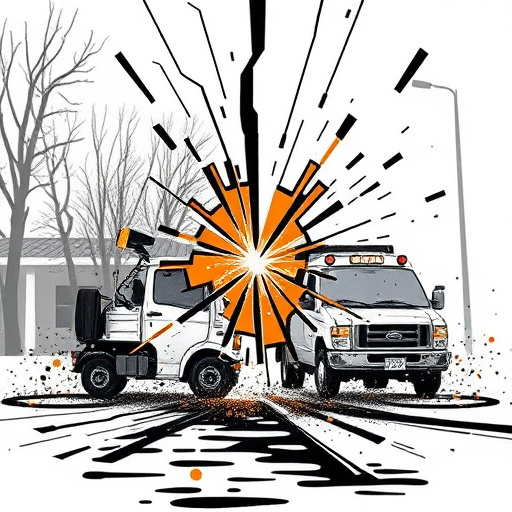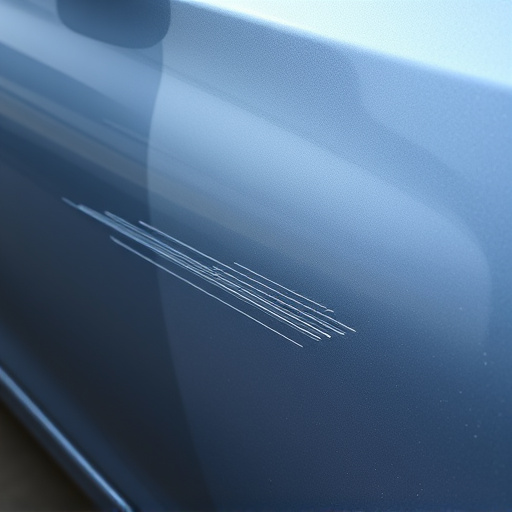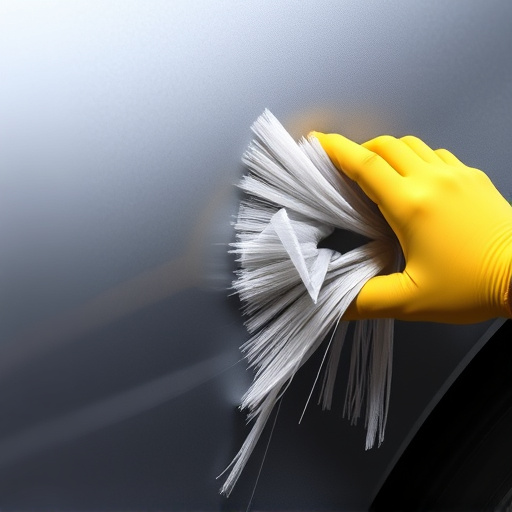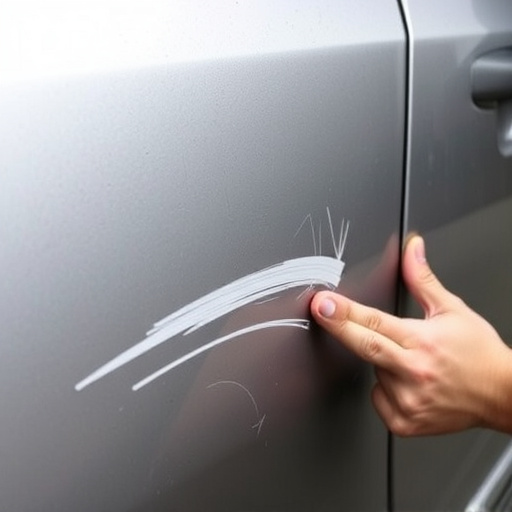Recycled parts collision repair offers significant environmental benefits by reducing resource consumption and electronic waste, promoting a circular economy, and lowering carbon footprints. It's mutually beneficial for insurers and policyholders, driving cost efficiency while enhancing road safety through stringent quality standards. This eco-friendly practice aligns with consumer demand for green solutions in vehicle maintenance.
Insurance companies are increasingly approving recycled parts for collision repair, a trend driven by multiple factors. This shift not only offers significant cost savings for policyholders but also contributes to environmental sustainability by reducing waste. Additionally, ensuring quality and safety standards in using recycled parts can be managed effectively through rigorous inspection and certification processes. By embracing recycled parts collision repair, insurers promote both economic efficiency and ecological responsibility.
- Environmental Benefits of Recycled Parts
- Cost Efficiency for Insurers and Policyholders
- Ensuring Quality and Safety in Collision Repair
Environmental Benefits of Recycled Parts
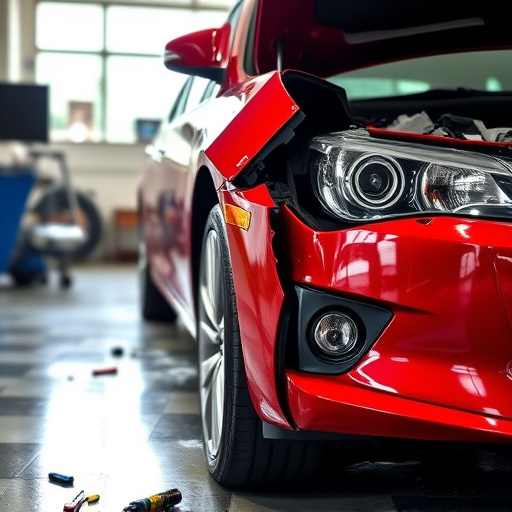
The use of recycled parts in collision repair offers significant environmental advantages, making it an increasingly attractive option for eco-conscious auto owners and automotive body shops alike. One of the primary benefits is the reduction in resource consumption. By utilizing refurbished components, the demand for new raw materials decreases, leading to a lower environmental footprint. This is especially beneficial for auto glass repair, as the manufacturing process for new glass can be energy-intensive and produce considerable waste.
Moreover, recycled parts collision repair contributes to minimizing electronic waste, a growing concern in the automotive industry. Many modern vehicles are equipped with complex electronic systems, and when these components become damaged during an accident, they often end up in landfills. Repurposing these parts not only diverts them from waste streams but also conserves valuable metals and other materials that can be used for other manufacturing processes, ensuring a more sustainable approach within the auto repair shop and promoting a circular economy.
Cost Efficiency for Insurers and Policyholders
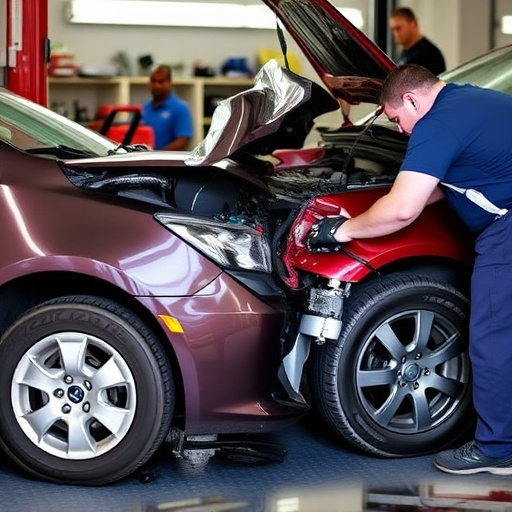
For both insurers and policyholders, recycled parts collision repair offers a compelling solution that drives cost efficiency. Insurers benefit from reduced claim costs as recycled parts are generally significantly cheaper than new or original equipment manufacturer (OEM) parts. This savings can be passed on to policyholders in the form of lower repair bills, making it an attractive option for those looking to minimize expenses following an accident.
Moreover, the use of recycled parts contributes to the broader goal of sustainable auto maintenance. By opting for reused components, consumers help decrease automotive waste and lower their carbon footprint. This aligns with a growing trend towards eco-friendly practices, including the reduction of hail damage repair costs through the utilization of scratch repair solutions that involve recycled materials.
Ensuring Quality and Safety in Collision Repair

In the realm of vehicle collision repair, ensuring quality and safety is paramount. When it comes to recycled parts in collision repair, strict standards and certifications are implemented to guarantee that these parts meet or exceed original equipment manufacturer (OEM) specifications. Reputable repair shops meticulously inspect and test each recycled part before installation, verifying its structural integrity, functionality, and safety performance. This meticulous approach ensures that vehicles equipped with recycled parts not only look like new but also perform at optimal levels, enhancing road safety for all drivers.
Moreover, the use of recycled parts in collision repair offers a sustainable alternative to traditional replacement options. By repurposing materials, the automotive industry reduces waste, conserves natural resources, and minimizes environmental impact. In terms of dent repair, for instance, recycled panels can be expertly reshaped and treated to eliminate dents and scratches, restoring a vehicle’s aesthetic appeal without generating additional automotive waste. This eco-friendly approach aligns with modern consumers’ growing demand for green solutions in various sectors, including vehicle collision repair.
Insurance companies recognize the significant advantages of approving recycled parts for collision repair, including environmental sustainability, cost savings, and maintaining high safety standards. By embracing eco-friendly practices, insurers can contribute to a greener future while offering policyholders affordable and reliable repair options. This approach ensures that collision repairs are both beneficial for the planet and pocketbooks, fostering a win-win scenario for all involved in the automotive industry.

